In 2015, there were snickers when Barack Obama deigned to sit for an interview with an online content creator. Ten years later, influencers aren’t just a key part of the media landscape — they may be about to become elected officials themselves.
The real political viability of content creators gets an important early test Tuesday as Deja Foxx, a 25-year-old social media influencer, tries to score a primary victory that would all but assure her a seat in Congress.
Foxx has a legitimate shot to win. In her race to replace the late Rep. Raul Grijalva (D-Ariz.), Foxx is taking on Grijalva’s daughter, former county elected official Adelita Grijalva. The Gen Z Democratic hopeful was behind by just single digits in a recent Foxx campaigninternal poll, and Grijalva allies pumped in late money in a sign of potential concern.
Foxx is one of the first professional internet content creators to run for Congress, but she certainly won’t be the last. Regardless of whether she can pull out a victory against a political scion, the race signals new media is not only becoming a venue where candidates woo voters but a training ground for future politicos.
Such a shift shouldn’t be a total surprise. The pipeline from media to elected office is as old as the Republic — long before Benjamin Franklin was a Founding Father, he was the publisher of The Pennsylvania Gazette. Horace Greeley of The New York Tribune was the Democratic presidential nominee in 1872, and before he got his start in politics, future President Warren G. Harding was the publisher of The Marion Star.
In modern times, countless figures have gone from radio to television to elected office. Jesse Helms built his political reputation in televised commentaries on local news before serving 30 years in the U.S. Senate, and local television news anchors have long been considered prime recruits for congressional races.
As veteran Democratic consultant Lis Smith noted, there was the conventional belief that “news anchors make for good candidates because they are in voters’ homes and trustworthy authorities whom voters watch with their families.”
In the digital age, when local television news is almost as antiquated as the New York Tribune, it may now be time for the online content creator.
Foxx first won attention for confronting then-Sen. Jeff Flake over abortion rights at a 2017 town hall. It sparked a career as an influencer that has gained her nearly 400,000 followers on TikTok and over 245,000 followers on Instagram. She’s become a real figure in the Democratic Party’s online firmament, doing social media for Kamala Harris’ failed 2020 presidential campaign, appearing at the 2024 Democratic National Convention and helping hostthe Hotties for Harris party at the convention.
The Arizona Democrat isn’t the first to pivot from being an online personality to political hopeful. In 2022, Brandon Herrera, a 28-year-old pro-gun YouTuber narrowly lost a runoff primary to incumbent GOP Rep. Tony Gonzales in a south Texas district that the influencer had only recently moved to. That same cycle, Laura Loomer, the rabidly pro-Trump content creator almost knocked off incumbent GOP Rep. Daniel Webster in a central Florida district that she had no ties to at all. (Loomer had previously run two years before in a safe Democratic district in Palm Beach County notable simply for having Mar-a-Lago inside its boundaries). In Illinois, left-wing influencer Kat Abughazaleh is mounting a run for Congress in a state she has never voted in and a district she has never lived in, but hopes her career creating online videos criticizing conservative media will lift her above a crowded field of local elected officials.
But Foxx’s race represents the first test of an influencer in an open seat without the other variables that more fringe figures have presented. Former Rep. Steve Israel (D-N.Y.), who served as chair of the Democratic Congressional Campaign Committee, told POLITICO Magazine that many of the same skills required to build a following on social media overlapped with those needed to run for office.
“It means you understand how to tap into public opinion, how to use innovative communication strategies and how to build a following,” Israel said. “Those skills are interchangeable with an effective candidate.”
However, that’s not all that’s necessary. He noted a candidate still needs message, mobilization and money. “I fundamentally believe that you could be the hottest influencer in the business, but if you don’t have those fundamental political skills and campaign skills, you will continue to be the hottest social media influencer in the business, but not a member of Congress,” said Israel.
This isn’t unique to influencers. Plenty of television anchors who have run for office have ended up losing. GOP firebrand and former TV news anchor Kari Lake was defeated in back-to-back statewide elections in Arizona. (Her consolation prize was another media job, of sorts:gutting the U.S. Agency for Global Media.)
One key difference between 21st century content creators and traditional media figures is that the content creators exist entirely divorced from a local constituency.
One Democratic operative, who was granted anonymity because they were not authorized by their employer to speak, was skeptical that parties should pursue online influencers as candidates. The operative noted that there are plenty of online creators as opposed to the limited number of local news broadcasters, and that voters had built up a long-term relationship over years, if not decades, with local news personalities. The operative added that the data suggests any electoral benefits were explicitly focused on the media markets where candidates had been on the local news. It’s also possible that content creators may have more luck in low turnout races where the electorate is smaller and they can bring hyper-engaged voters to the polls. One Republican operative cited Herrera’s near win in a Texas Republican primary runoff as an example.
Still, the segment of the electorate that relies most on social media is only growing, with young people often using TikTok even as a search engine in lieu of Google.
Brad Elkins, a longtime Democratic consultant who is advising Foxx’s campaign, marveled that even before the campaign started advertising, the 25-year-old candidate “couldn't go anywhere without people recognizing her.”
Elkins also argued that media consumption hasn’t just changed among young voters. Indeed, baby boomers and Gen Xers are increasingly consuming news through the Internet and social media as well. As Republican political consultant Jesse Hunt told me, in the 21st century, “someone who has a national following has a sizable local following.”
Already, the roles of politicians and online influencer are merging. Just look at the online audience that Rep. Alexandria Ocasio-Cortez (D-N.Y.) receives for cooking videos on Instagram Live. Just as radio de-emphasized the need for politicians to give a stump speech and television made radio largely superfluous for candidates, short-form online video — the native habitat of an influencer — is becoming the next media frontier.
Elkins predicted that more and more content creators will run for office in the future, if only because the profession is relatively new. That might include lifestyle content creators, and not just explicitly political creators — after all, weathermen have been just as sought after as news anchors as potential candidates.
This is not to say that Congress will ever be composed of 435 YouTubers. After all, it was never composed of 435 television weathermen or 435 newspaper editors.
However, just as media buyers are increasingly looking to replace television buys with digital advertising, party leaders looking to recruit candidates will likely be casting around for more online influencers rather than just traditional public figures. After all, if voters can elect a reality television star to the White House, what’s stopping them from putting a TikToker on Capitol Hill?
.png)



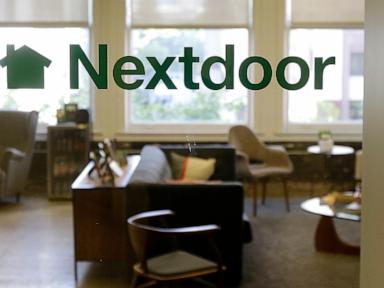
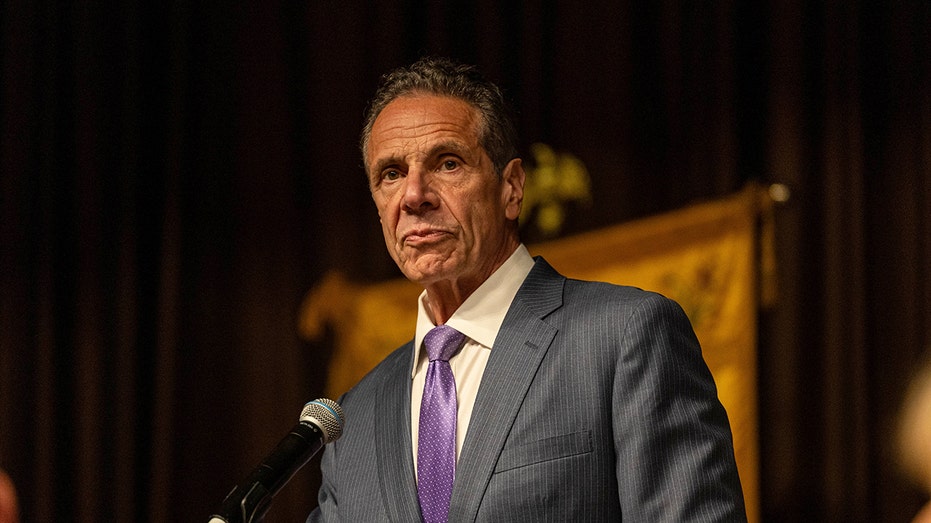
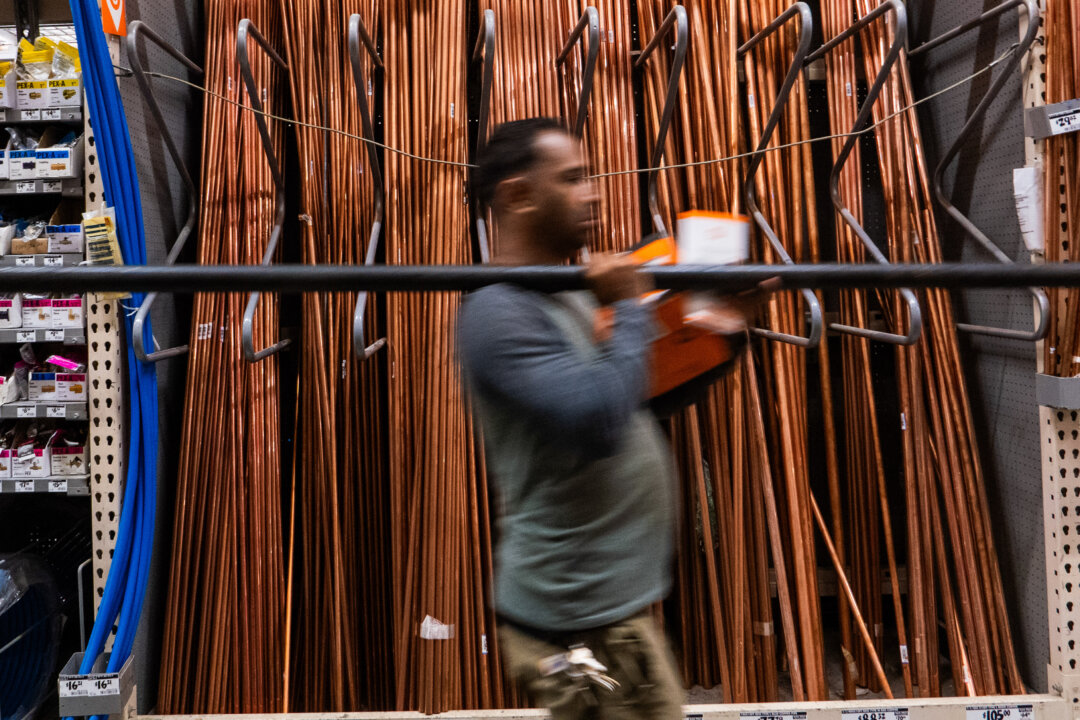


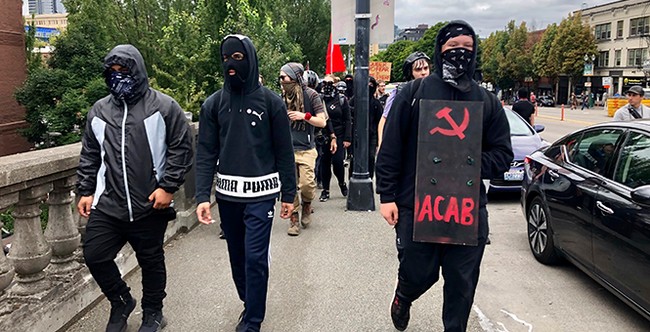


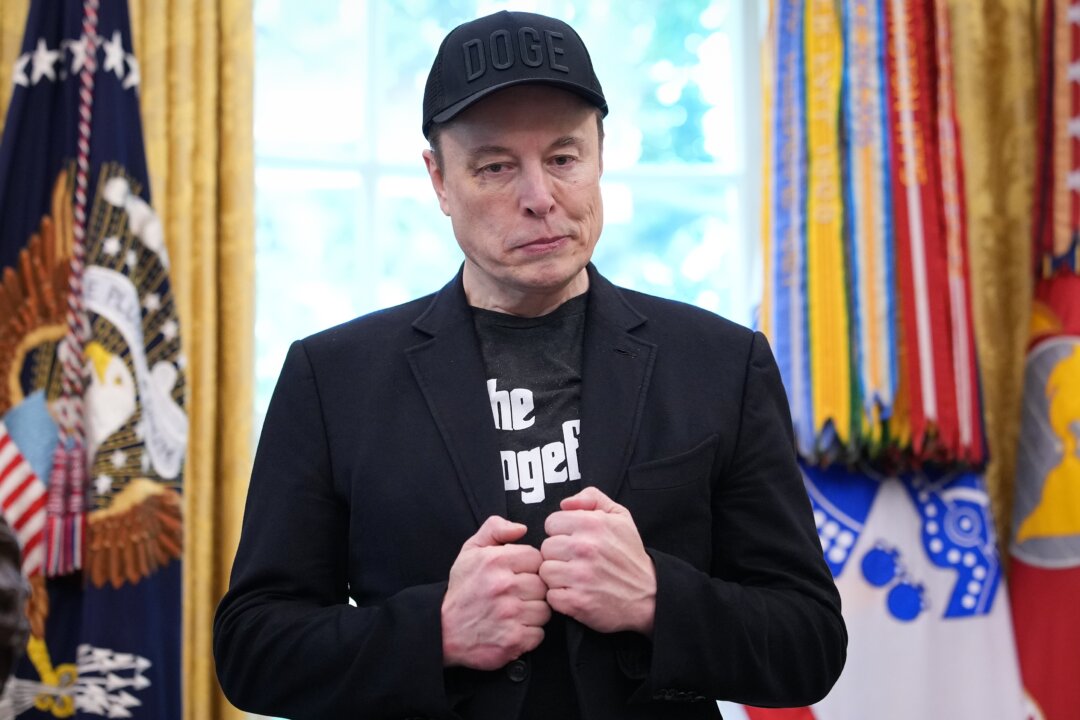
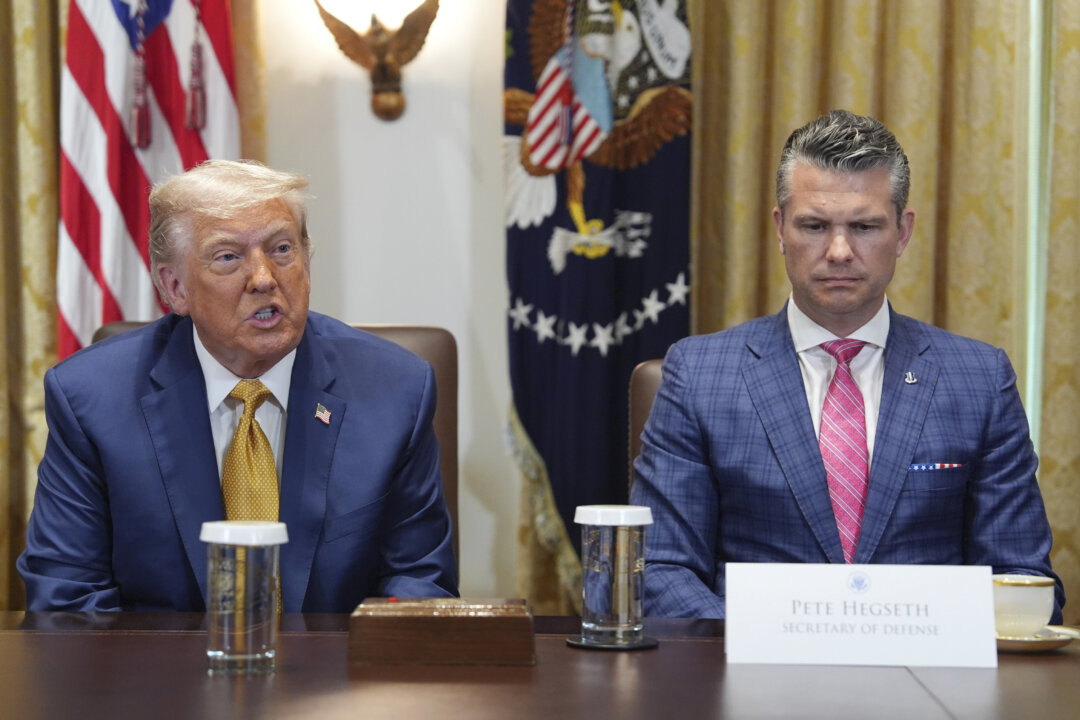

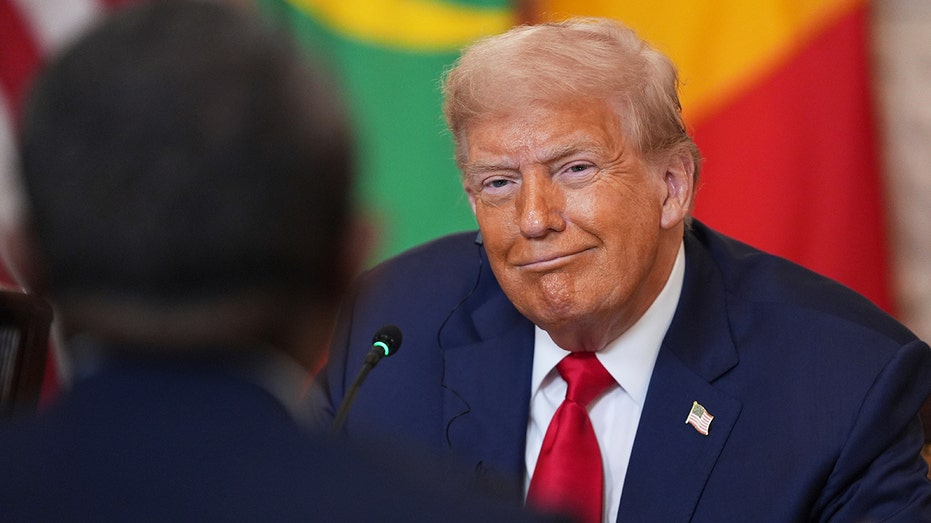
 English (US)
English (US)